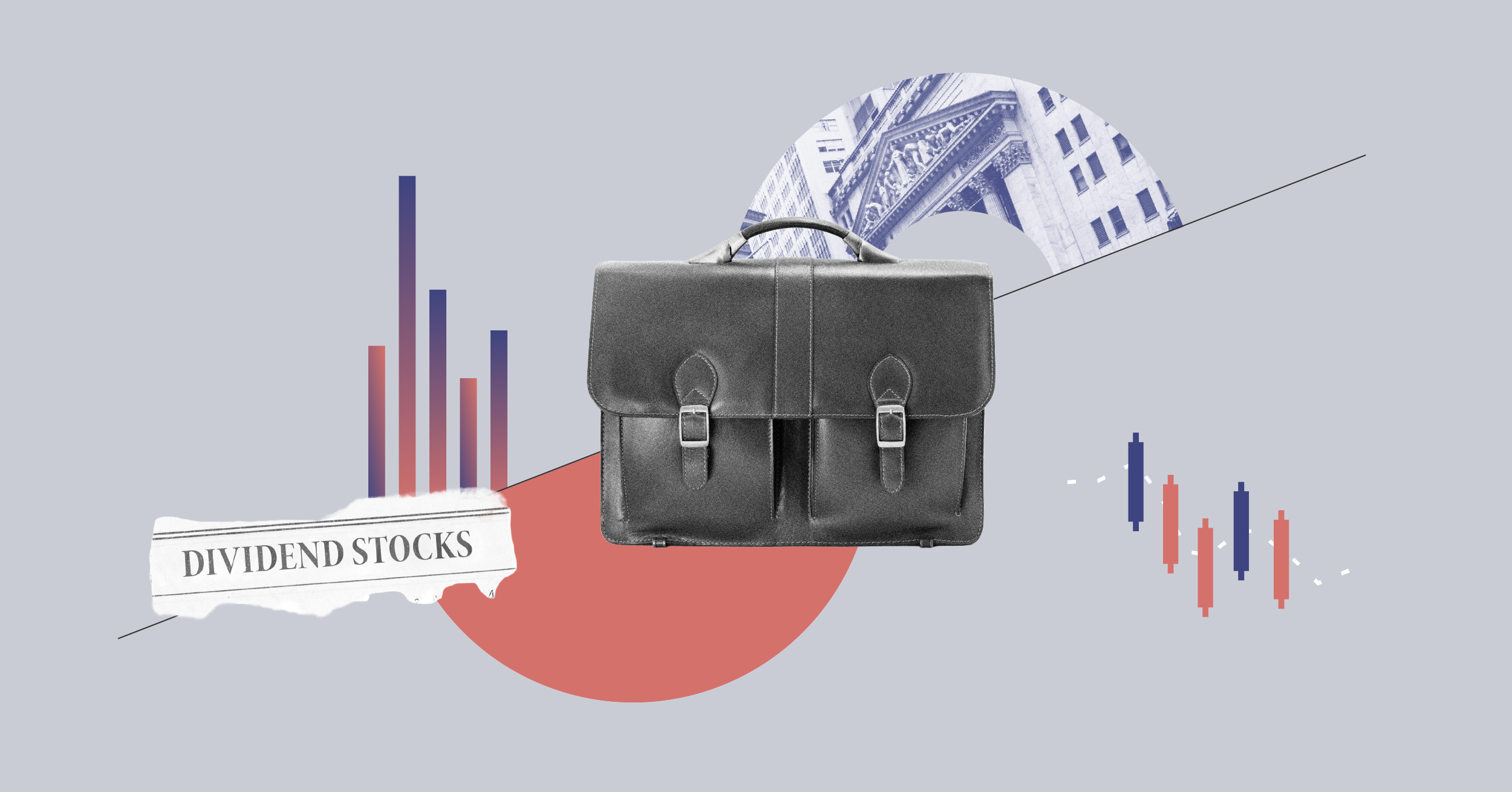Chris Hall says that he hopes his investment portfolio will help him maintain his current living standards when he retires at 60.
Hall is due to receive an income from various company pensions at this age, but it will be significantly below his current salary. To help make up the shortfall, Hall has built up a diverse investment portfolio, part of which is directly invested in precious metals such as gold and silver.
“Despite working for 40 years with government and blue-chip companies, retirement at 60 will mean a 30% drop in my income,” he explained.
At age 67 Hall will be eligible for the State Pension which at current levels is worth £155 a week. Hall – who works as an infrastructure architect – says: “We enjoy a good lifestyle currently, with plenty of travel. A drop in income will impact these luxuries at the very time when we will have the free time to enjoy them.”
Although the price of gold is significantly below its 2011 peak, gold investors have seen strong gains over the past 15 years. In 2001 gold was around $355 per ounce, today it is valued at around $1,215 an ounce. Hall is hoping this long-term gain can help boost his income after he reduces his working hours.
Direct Gold Holdings
At the moment he invests directly in gold bullion, rather than buying ETFs, or funds which invest in gold mining shares.
“I invest directly through companies like BullionVault. They have made it easier and more cost effective for investors like me to buy gold and other metals directly,” he explained.
“I also invest to a lesser degree in silver, but this does not really offer the potential returns of gold unless we get another spike to $40-plus per ounce.”
Although it’s possible to now invest directly in gold through a SIPP, Hall says he does not use his pension, or ISA to invest in precious metals.
Stock Holdings in a Pension Portfolio
Hall primarily uses ISAs for shorter-term savings, and alongside his workplace pensions uses a SIPP to invest directly in individual stocks.
Many of these are in larger blue chip companies, where he has previously worked. Hall says when it comes to choosing investments for his longer-term savings he says he prefers “steady growth”. As an employee he has also been able to buy shares in the company that employs him at a discount through structures such as Save As You Earn. Typically employees buy these company shares at a 20% discount, and provided they hold them for at least five years, there is no tax to pay on profits made. Hall has tried to maximise these opportunities where possible.
Alongside these investments, Hall has shares in higher-risk companies making up around 25% of his portfolio. Typically, these tend to be invested in technology shares. Hall says he feels confident selecting companies he believes will offer long term share price growth.
These shareholdings include Cisco Systems (CSCO) - which is listed on the US Nasdaq index. This large tech company has a two-star rating from Morningstar, meaning analysts consider it to be trading slightly over fair value. These shares have risen strongly over the past two years and it currently yields just under 3.3%.
He also holds Brocade Communications Systems (BRCD), another Nasdaq-listed stock, and a holding in Neutronics Inc, a much smaller tech company. He says: “This isn’t as well known as the other two companies but it does seem to have some interesting things in the pipeline.”
Hall is married and has two grown-up children, now in their late 20s.





























